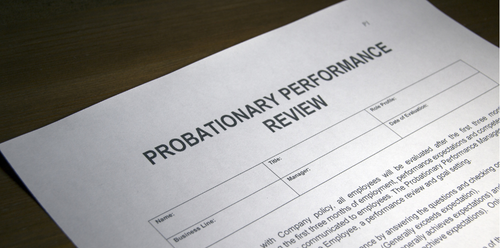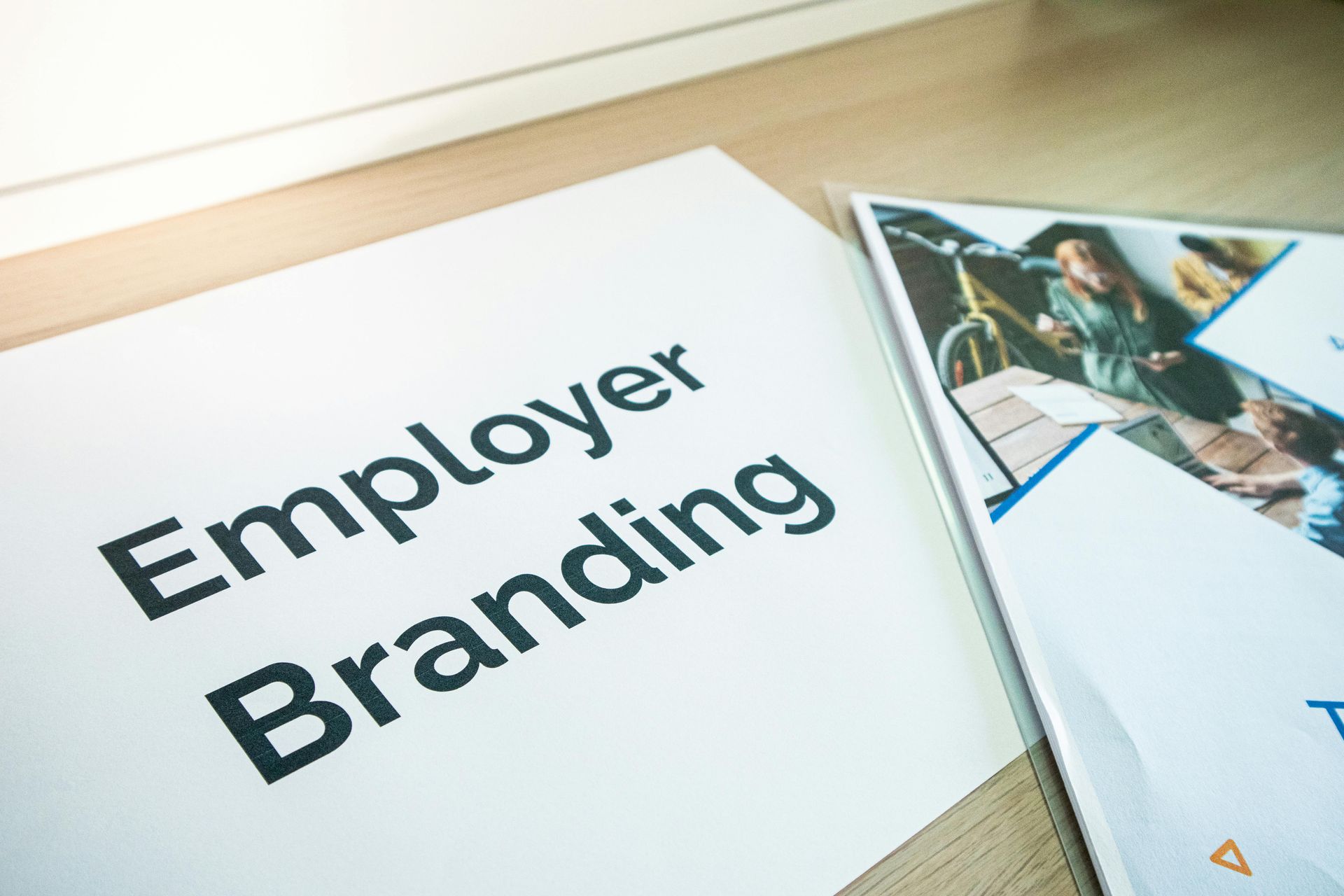all you need to know about probations!

In Australia, probation is a common part of employment contracts, giving both the employer and employee time to confirm the role is the right fit. But probationary periods can be misunderstood, with confusion about how long they last, what rights and entitlements apply, and what happens if things don't work out. In this guide, we break down some of the essential things to know about probationary periods in Australia - covering legal requirements under the Fair Work Act, employee rights, employer obligations and practical tips for making probation a success.
1. What is the Length of a Probationary Period (in australia)?
In Australia, most probationary periods last 3 or 6 months, but some roles, particularly senior positions, may extend to 12 months. Remember, this is different from the minimum employment period for unfair dismissal claims under Fair Work Act (6 months minimum for most employers, 12 months for small businesses).
2. What is the Purpose of a Probation?
A probationary period is a mutual trial phase where employers assess performance, reliability and cultural fit, while employees decide if the role and workplace meets expectations. It helps both sides reduce risk before confirming ongoing employment.
3. What Happens at the End of a Probationary Period?
At the end of a probation, there's usually a formal review meeting. Employees may confirm employment, offer a salary or benefits adjustment, extend probation (if allowed), or end employment. Employees should prepare for this discussion and request feedback in advance.
4. Pay and Entitlements during probation
Australian law requires employees to be paid their full agreed wage or award rate from day one. Annual leave, sick leave, and superannuation start accruing immediately - there's no "unpaid probation" in Australia under Fair Work rules.
5. Benefits and Perks
While statutory entitlement begin straight away, some companies delay discretionary benefits - like bonuses, extra paid leave or study allowances, until after probation. Always check your employment contract for these details.
6. Feedback and Check-ins
Regular feedback during probation is best practice. Employers should schedule monthly or mid-probation reviews to guide performance. Employees should use these opportunities to address concerns early and demonstrate improvement.
7. Extending Probation
Probation can be extended in Australia if the employment contract allows it. Extensions should be confirmed in writing with clear performance goals. Remember - unfair dismissal protections start after the minimum employment period, not just when probation ends.
8. Ending Employment During Probation
During probation, employers can terminate employment more easily, but still must give lawful reasons and provide the correct notice period (often one week for probationary employees). Termination must not breach anti-discrimination or general protection laws.
9. Legal rights and probation in australia
Probationary periods must comply with the Fair Work Act 2009, National Employment Standards (NES), and any applicable modern award or enterprise agreement. Employees should understand their probation rights; employers must follow these legal requirements.
10. probation and workplace culture
How probation is handled sets the tone for the employment relationship. Clear expectations, support and open communication create confidence. A poorly managed probation period can cause low morale, higher turnover and reputational harm for employers.
11. Do temp or casual team members have a probationary period?
Casual or temporary team members are exempt from a probationary period. This is because, by nature of the employment type, these types of employees are deemed terminated at the end of their last shift.
Need help or more information?
If you are an employer in need of further information or assistance , feel free to contact us.
Individuals requiring advice or information should contact the Fair Work Commission on 1300 799 675 or via fwc.gov.au






